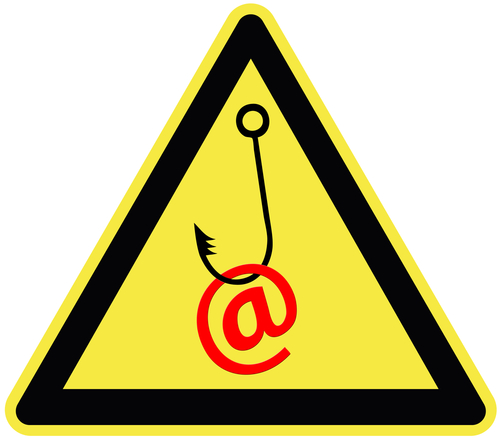

Study Confirms Phishing Scams A Danger To All Users
Phishing scams are attempts to trick users to give out personal information so hackers can then use it to break into accounts and steal their identities. Most phishing scams start with an email that directs users to a website where they’er asked for information like their phone number, physical address and even social security number or banking information. There are a number of tell-tale signs of a phishing email, which makes many people believe they could never fall for one. As Sam Narisi of IT Manager Daily reports, a recent study by the Polytechnic Institute of New York suggests otherwise.
The study consisted of 100 science and engineering students. The students were given a personality test and asked about their computer use and proficiency. The researchers then anonymously sent a phishing scam to their personal accounts. The email included the usual signs of a scam, including misspellings and other errors. Still, 17 students fell for it and willingly gave out personal information.
What this study uncovers is that everyone is at risk to become a victim of a phishing scam. Due to social engineering when developing these scams, and a carelessness by users, even the most educated individual could still be a victim.
This extends to other threats, like malware, that infect your system through careless user actions. When a user isn’t extremely cautious online, bad things happen. This is costly for users on their personal computers at home, but it’s a huge risk for businesses who have to safeguard their entire network from numerous careless users.
Education is a great place to start to protect yourself and your office. Knowing what to look for in a potential cyber threat is important, despite the results of the study. Additional security measures also need to be put in place, however, with the knowledge that, eventually, someone is going to click on the wrong link.
To improve the security on any of your devices, at home or at the office, contact Geek Rescue at 918-369-4335.
October 10th, 2013








